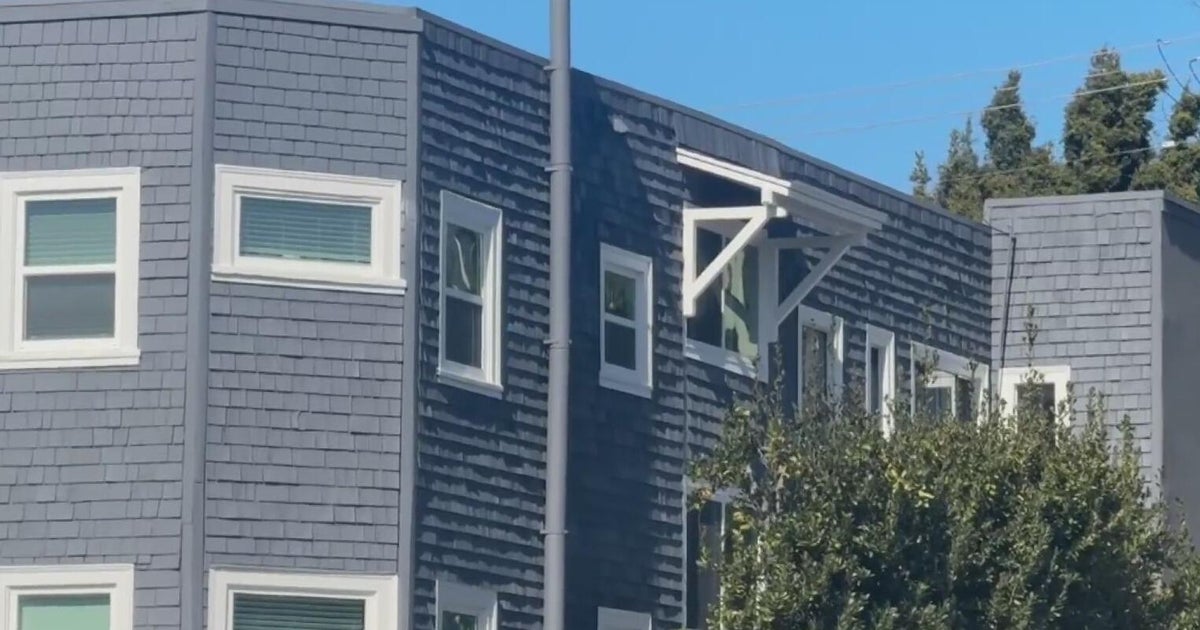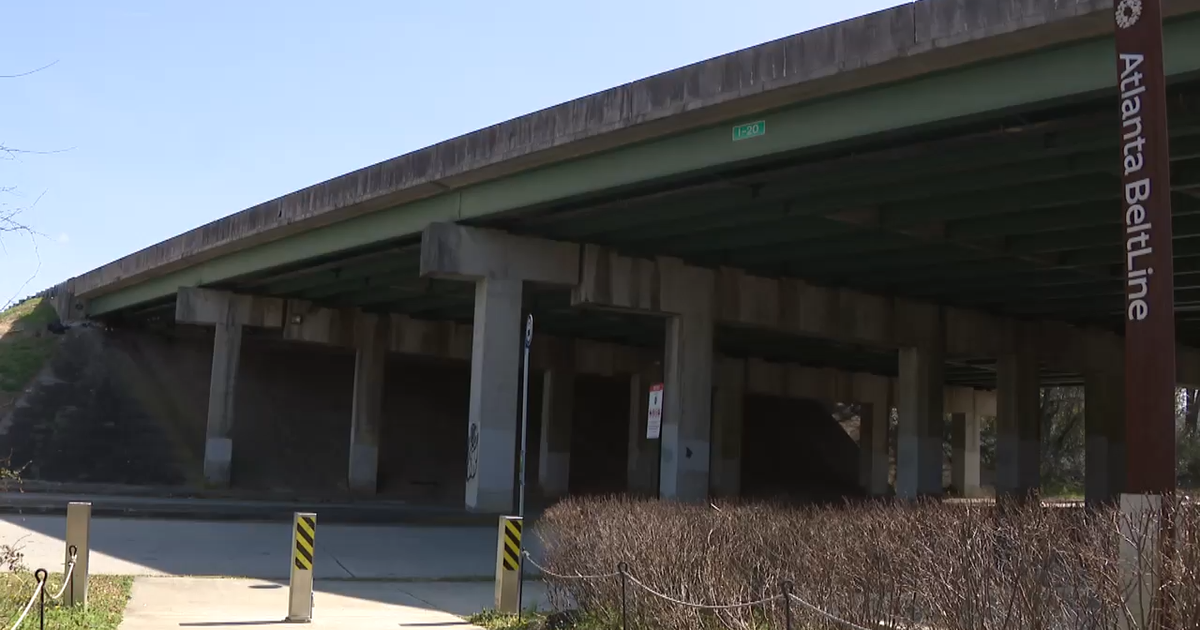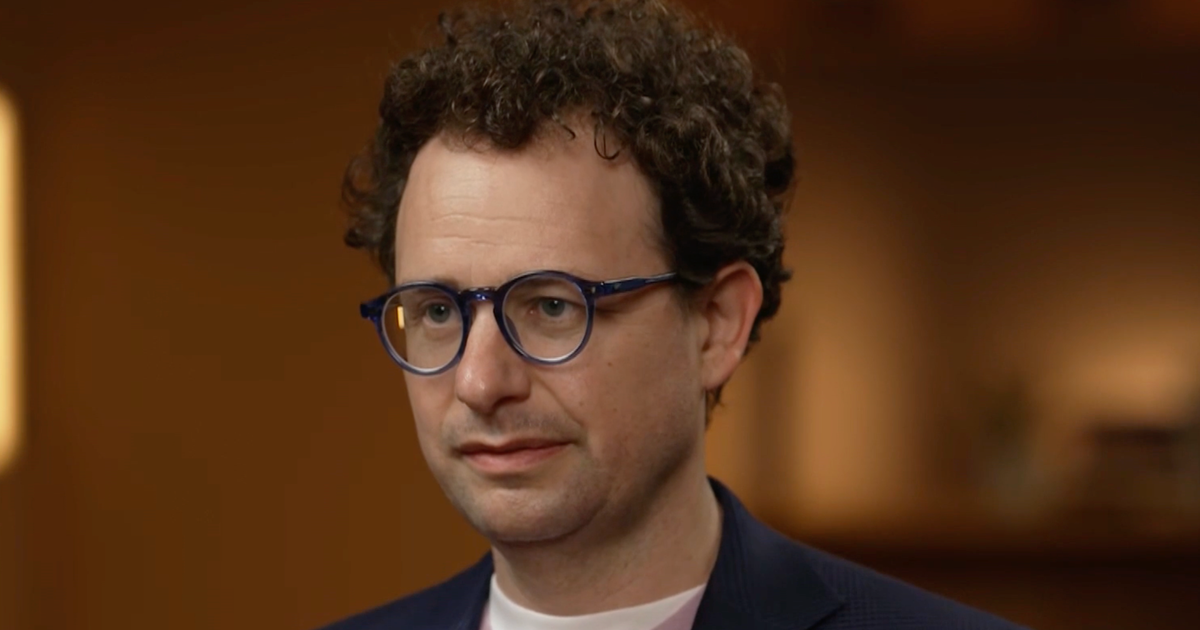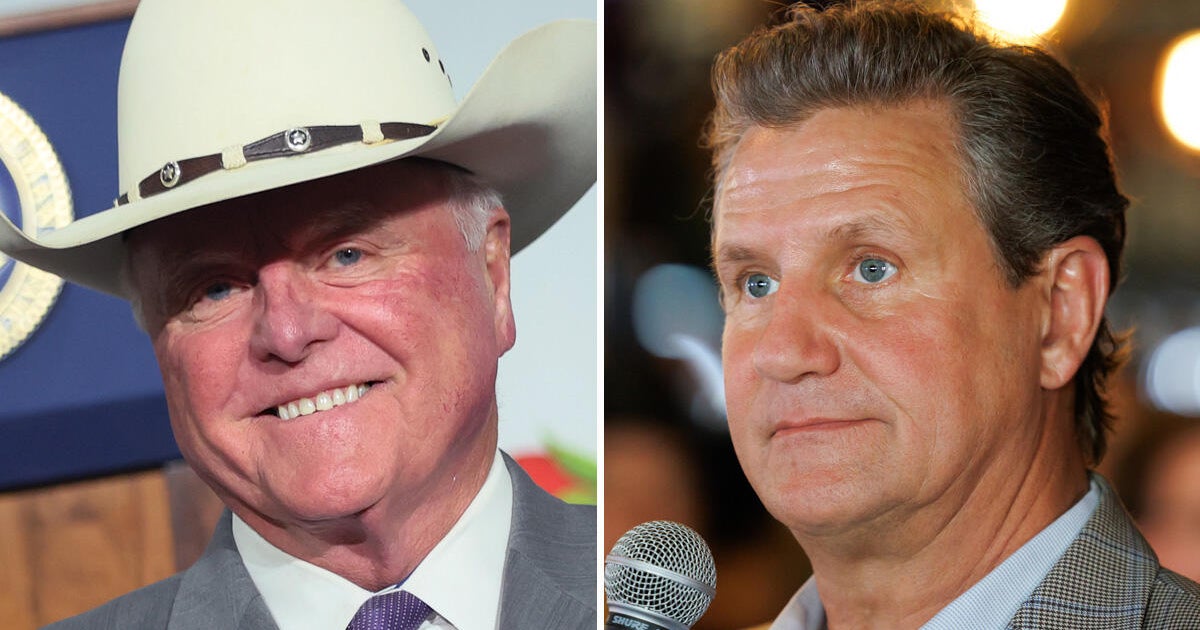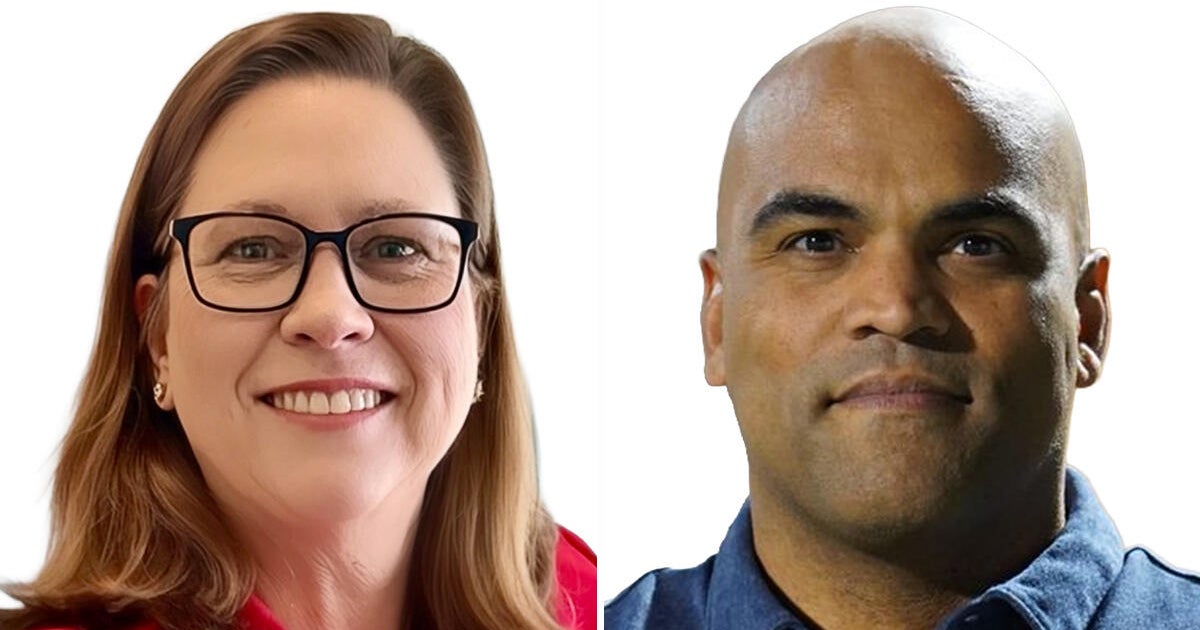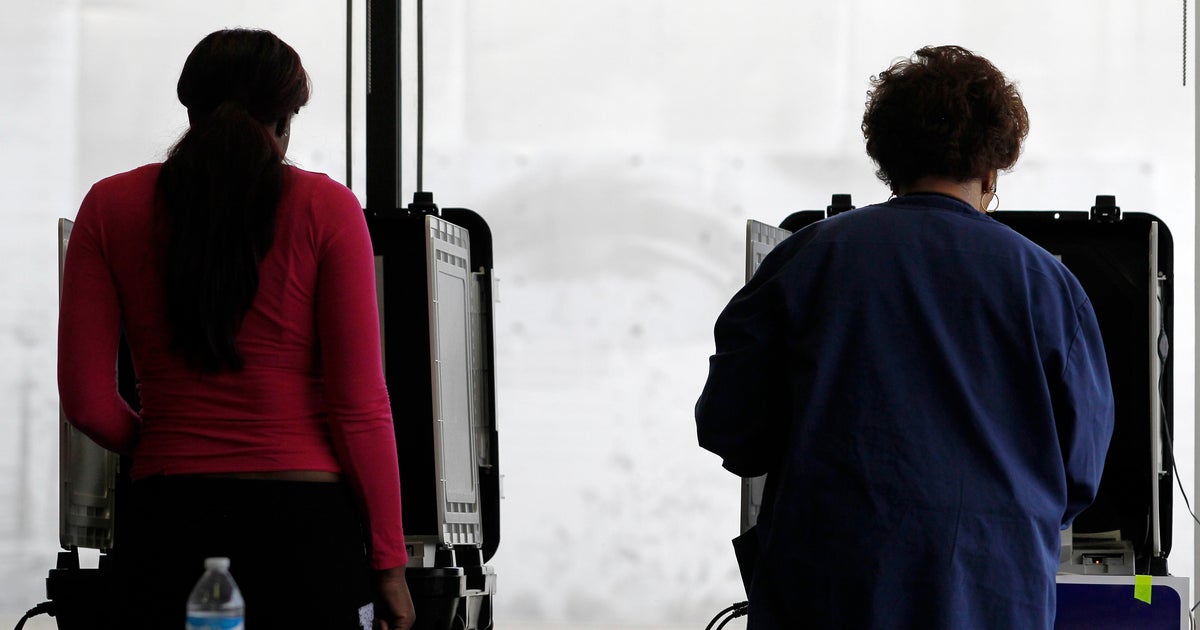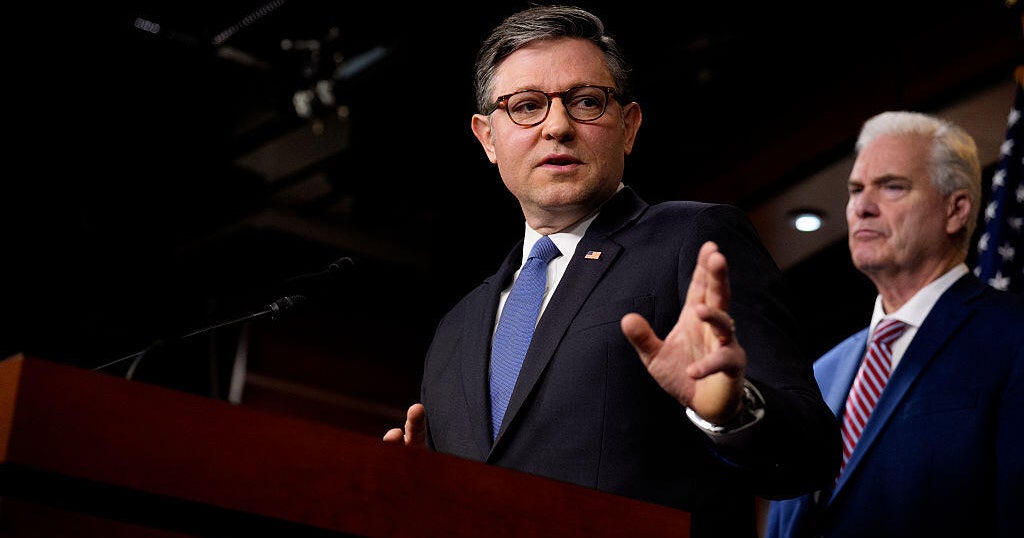San Francisco leaders react to Supreme Court ruling on homelessness
The U.S. Supreme Court on Friday ruled 6-3 on the contentious Grants Pass v Johnson case that placing restrictions on unhoused people and where they can sleep is not "cruel and unusual" criminalization of homelessness. The decision is being supported by city leaders in San Francisco that have decried the restrictions placed on them regarding encampments.
The court determined that it was constitutional to criminalize sleeping on city streets, even if there was no alternative place offered by the city for the person to go to sleep.
The case has been closely watched in San Francisco because of the city's highly visible homeless population as well as the injunction preventing the city from clearing encampments unless it has first made a genuine offer of shelter that is declined by the people being displaced.
San Francisco City Attorney David Chiu on Friday said the work is already underway, reshaping city policy on how to manage encampments, particularly when services are declined.
"So at this very moment, we are analyzing the decision," said Chiu. "We will be providing additional guidance and legal advice to the administration and policy makers as they think about how to change policy based on this decision. The decision is going to provide us with more flexibility in how we address this."
The city attorney repeatedly used the word 'flexibility' suggesting law enforcement -- and citations -- may be needed in some cases.
"Ask any number of city workers what needs to happen and what's appropriate on one block, on one street, is different from what happens elsewhere," said Chiu.
Litigants on both sides of the case—the advocacy group Coalition on Homelessness and the city of San Francisco—filed amicus or "friend of the court" briefs in the high court advocating their respective positions.
San Francisco Mayor London Breed praised the ruling.
"This decision by the Supreme Court will help cities like San Francisco manage our public spaces more effectively and efficiently," she said in a statement released by her office Friday, adding that her administration has made "significant investments in shelter and housing."
"But too often these offers are rejected, and we need to be able to enforce our laws, especially to prevent long-term encampments," she said.
San Francisco Supervisor and mayoral candidate Aaron Peskin released a statement that noted the ruling would give law enforcement more tools to crack down on drug dealing at encampments, but also emphasized the importance of increasing the number of available shelter beds in the city.
"But, from both a pragmatic and effective perspective, San Francisco must still work to create the 2,000 additional shelter beds I called for on the first day of my campaign," the statement read. "Creating these shelter beds is an absolutely necessary part to my comprehensive approach to homelessness."
Gov. Gavin Newsom also weighed in on the decision on Friday.
"This decision removes the legal ambiguities that have tied the hands of local officials for years and limited their ability to deliver on common-sense measures to protect the safety and wellbeing of our communities," he said in a statement.
Meanwhile, the decision was blasted by the American Civil Liberties Union and other advocates.
"Today's shameful decision guts a key civil rights protection for unhoused people, but it will not derail our lawsuit against San Francisco, which has policies and an ordinance requiring the city to offer shelter before clearing encampments," said ACLU of Northern California senior attorney John Do. " Because the city has a history of not keeping its word, we'll be watching closely."
Homeless advocates decried the ruling as the criminalization of poverty. The Coalition on Homelessness, which has sued the city over its policies, says they will continue that fight.
"Leading up to this decision, from our perspective, the city has already taken the gloves off. You know, we're just gonna keep at it, and this lawsuit will continue at full speed," said Coalition on Homelessness Executive Director Jennifer Friedenbach.
Politics followed the ruling as well. SF mayoral candidate Daniel Lurie said the city has been too slow to build out shelter space and get aggressive about filling it up. And it's hardly clear that the court's decision will create any dramatic changes in that regard.
"The Mayor used that injunction as an excuse," said Lurie. "She should have built the shelter beds and cleared the sidewalks years ago."
District 8 Supervisor Rafael Mandelman, who also applauded the ruling, says it still leaves San Francisco facing the same hard fundamental choices about how to manage homelessness in the city.
"The world for our police officers and public works employees, everybody out on the street, on Monday, is not going to be dramatically different from the world today," said Mandelman. "There are real policy choices about how comfortable we are with our public spaces as they are now. And how willing we are to use a law-enforcement response to try to address it."
The decision doesn't end the case. It now goes back to the lower courts to be resolved in accordance with the 6-3 ruling. And, as some of the reactions to the ruling made clear, it still leaves the city facing choices about how aggressive to be. Those questions continue to divide people in San Francisco. The court ruling certainly has not ended that.
Wilson Walker contributed to this report.

